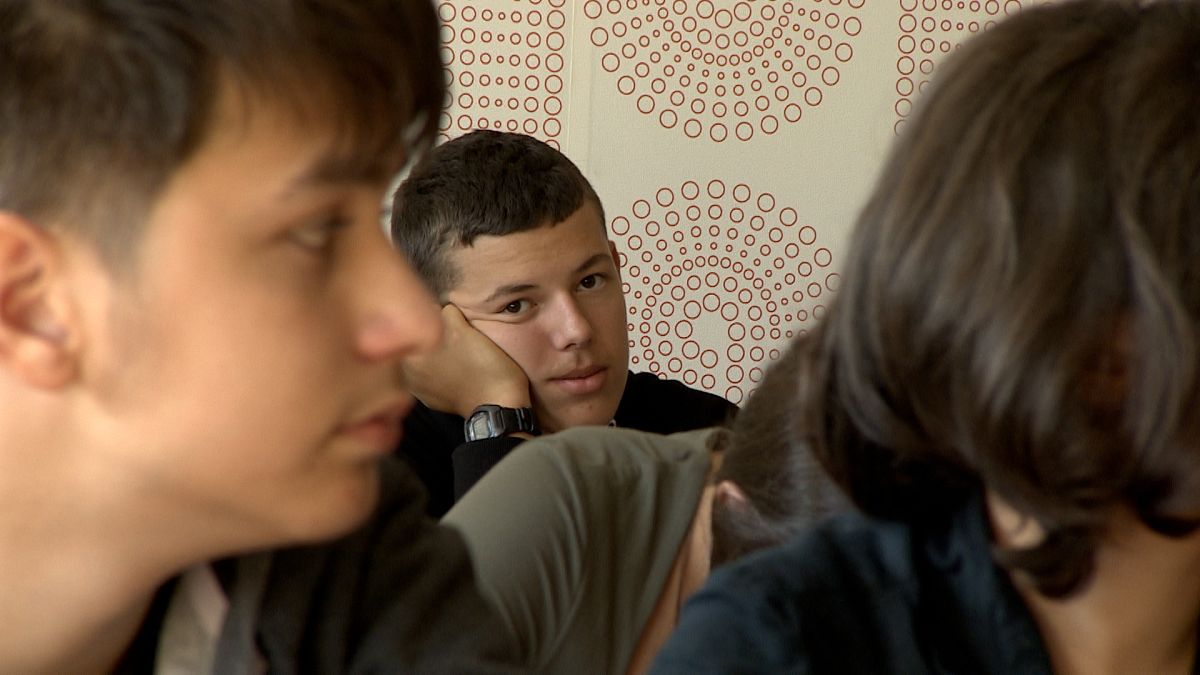Europe’s only bilingual school for Ukrainian refugee children opened in Budapest in September, offering Ukrainian and Hungarian certificates through the House of Ukrainian Traditions. The school’s founders, Serhiy Beskorovany and Olenna, aimed to address the social integration and academic challenges faced by Ukrainian students enrolled at Hungarian schools. They noticed that many Ukrainian students were struggling with language barriers and differences in curricula, leading to low grades and disconnection from their new environment. To provide a solution, the couple established the Ukrainian House of Traditions, where Ukrainian children receive effective language education and psychological support.
Many Ukrainian refugee children attending the school have experienced severe trauma due to the COVID-19 pandemic and the Russian invasion of Ukraine. Students coming from eastern Ukraine have lost their homes to bombings, while those from Russian-occupied territories have suffered from starvation and abuse. The school has employed two psychologists to address these traumas, with refugee Ukrainian teachers offering additional support based on their personal experiences. By creating a supportive environment that helps children cope with their past experiences, the school aims to facilitate their successful integration into Hungarian society.
Despite the Hungarian state covering teachers’ salaries, the Ukrainian House of Traditions manages all other expenses, including building maintenance and teaching supplies, with support from charities, Ukrainian companies, and international aid organizations. The school employs about 30 teachers, the majority of whom are native Ukrainian speakers. The school aims to provide a supportive and nurturing environment for Ukrainian refugee children, helping them overcome past traumas and succeed academically in their new surroundings.
One such student, Veronika, arrived in Hungary in the spring of 2022 with her sister but without her parents, carrying only a small backpack with four sets of clothes. Despite the challenges she faced, Veronika has made significant progress in adapting to her new environment. She has attended multiple schools but notes that the atmosphere at the Ukrainian House of Traditions is different, providing a sense of belonging and support. Veronika believes that pursuing Ukrainian online education independently in Budapest would be challenging due to communication barriers, highlighting the importance of a supportive school environment for successful adaptation and academic progress.
The Hungarian-Ukrainian Bilingual School and Gymnasium in Chepel currently enrolls 400 students, reflecting the growing need for educational institutions that cater to the unique challenges faced by Ukrainian refugee children. The school’s focus on multiculturalism, language education, and psychological support sets it apart as a pioneer in addressing the needs of displaced students. By offering a supportive and inclusive environment, the school aims to empower Ukrainian refugee children to overcome past traumas, excel academically, and integrate successfully into Hungarian society.








